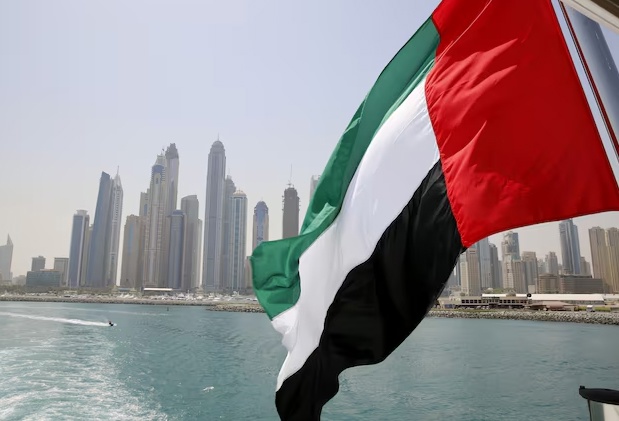The first-ever summit between the European Union and the Gulf Co-operation Council (GCC) will take place next week, with Europeans aiming to forge closer ties on regional security and economic issues, Euractiv reports.
The first summit between EU leaders and six Gulf countries – Bahrain, Kuwait, Oman, Qatar, Saudi Arabia and the United Arab Emirates (UAE) – is expected to take place in Brussels next Wednesday.
The GCC, headquartered in the Saudi capital Riyadh, is a regional organisation that seeks political and economic co-operation among the six Gulf states. European Council President Charles Michel told Euractiv:
[One of the priorities in terms of outcome] is a political message that we want to make our relationship between EU and GCC more strategic.
Language of the declaration
A key issue to watch will be how the two sides manage to resolve the balancing act of the summit’s joint declaration, the text of which has been sent back and forth by both sides over the past weeks.
Several EU diplomats told Euractiv that, as the declaration is intended to cover a wide range of sectoral co-operation issues, they expect a “Christmas-tree approach,” meaning that a hardline stance is unlikely to be taken.
The joint statement should reflect the ambitions of the two regions, but at the same time temper expectations for far-reaching co-operation on free trade agreements and visa liberalisation. One EU diplomat said:
Trade will be the most prominent theme, add to that focus on energy and climate, connectivity, humanitarian aid, security dialogue, and people-to-people contacts and human rights – basically, something there for everyone.
A second EU diplomat said:
A number of member states have asked for stronger texts on Ukraine and the denouncement of Russia and on sanctions evasion, some push for stronger text on gender and human rights.
Geopolitical issues
EU member states, long accustomed to viewing co-operation with the Gulf through a US prism, have struggled to reshape their relations with the region.
Over the past year, especially since the outbreak of the war between Israel and Hamas, the EU has increasingly turned its attention to strengthening ties with regional players.
Most recently, a new international coalition to find a two-state solution to the Israeli-Palestinian conflict has gained momentum as a result of negotiations organised by the EU on the sidelines of the UN General Assembly.
According to some diplomats, EU leaders are likely to test how far such co-operation can go, as there is broad agreement on condemning the October 7 Hamas attacks and Israel’s war on Gaza, as well as the need to de-escalate tensions in the region against the backdrop of the situation in Lebanon. Michel told Euractiv:
On the geopolitical topics – the Middle East, Russia’s war against Ukraine, other wars and conflicts like in Africa and Sudan – we want to engage with [the GCC] and encourage them to play a stronger role in defending our rules-based order [and further support for the UN charter].
But the latter may prove challenging, EU diplomats say, as the bloc desperately tries to ward off accusations of double standards in its response to the situation in Ukraine and Gaza. A third EU diplomat said:
It’s not likely we’ll be able to achieve much at this summit, not with Ukraine and the wider Middle East on fire simultaneously.
Trade co-operation
Analysts say the European Commission believes bilateral deals with individual countries in the region are now more feasible. Attempts to forge an agreement between the regions have so far failed since they began in 1990.
Frustrated by the lack of progress on a deal between the regions, the UAE is lobbying Brussels to start negotiations on a trade pact separate from the GCC talks, Reuters reported in March.
At the same time, the Europeans are concerned that negotiating bilateral trade deals risks alienating other countries, such as Saudi Arabia, which would prefer a deal between the regions.
Launching such bilateral talks would require a new mandate from EU member states, which EU diplomats say could take several months.
In the meantime, the UAE maintains close ties with Russia, prompting Western countries to push Abu Dhabi to crack down on companies circumventing Western sanctions against Moscow through its territory.
But legally binding human rights provisions, environmental standards and specific language on government procurement are likely to remain long-standing issues if negotiations continue.
